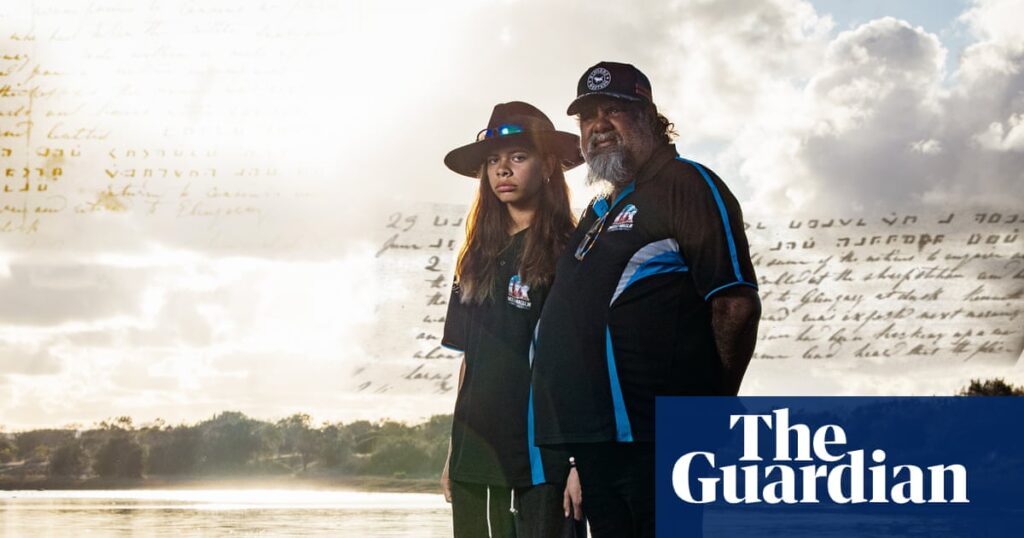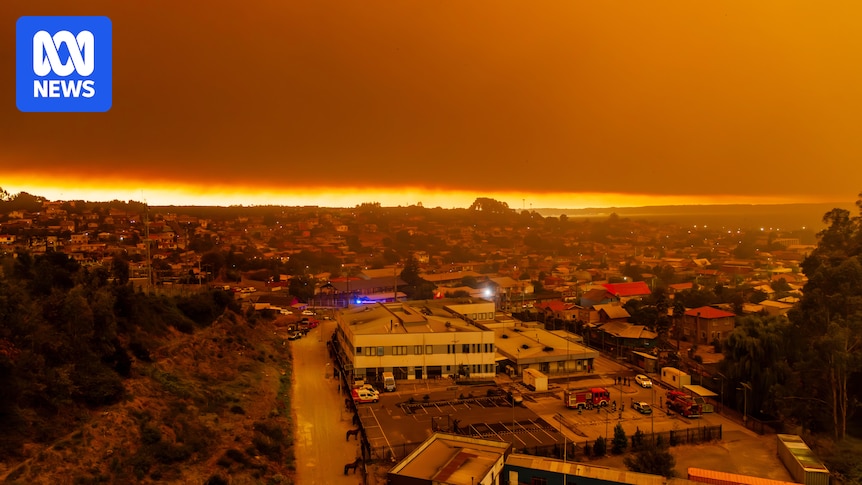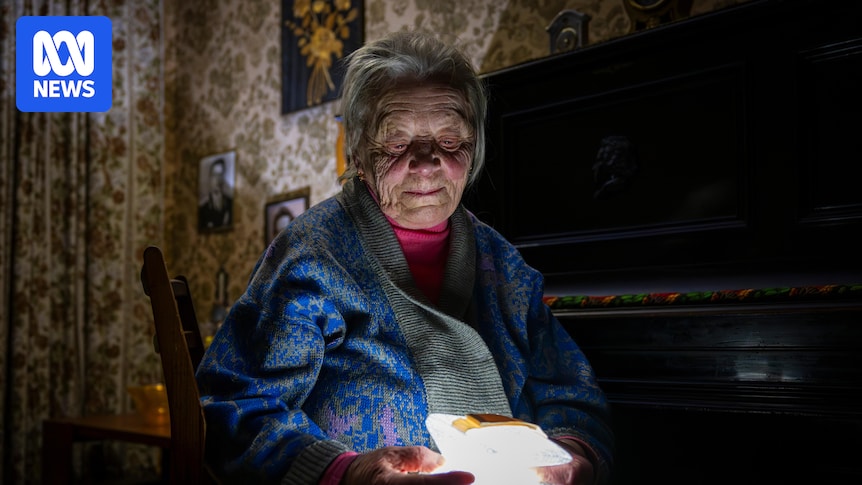
Warning: This article contains historical records that use racist and offensive language, and descriptions of events that may be distressing to some readers.
The Naaguja Yamatji elder Derek Councillor has long heard the chilling tales of Major Logue, a settler whose actions have haunted the oral histories of Aboriginal communities around Geraldton, 400 kilometers north of Perth. According to Councillor, Logue was known for riding up on his horse and shooting Aboriginal people without hesitation. “He wouldn’t ask questions – he’d just shoot and kill,” Councillor told Guardian Australia. “When people used to see him riding up to wherever they were, a lot of people were scared and would run away.”
These stories, once whispered in fear, have been corroborated by Logue’s own diaries, written between 1850 and his death in 1900. Although a version of these diaries is set for publication, the publishers have controversially decided to omit sections detailing the killings. Councillor and other traditional owners are now calling for the diaries to be published in full, arguing that the truth must be acknowledged.
Historical Context and the Diaries’ Content
Logue, whose first name was Major and not a military rank, was among Western Australia’s early parliamentarians. His diaries, spanning 50 years, include coded entries written in a cipher known as pigpen or Freemason’s cipher. These entries, deciphered by Guardian Australia, reveal the murders of at least 19 Yamatji people between 1851 and 1853. Some entries describe attacks led by Logue, while others document assaults by his neighbors. The names of some victims, who had previously aided settlers, are also recorded.
The publisher, a small press in Western Australia specializing in colonial diaries and historical texts, has decided to exclude these sections from the forthcoming publication. The decision has sparked a debate about the portrayal of Australia’s colonial past and the ethics of historical documentation.
Expert Opinions and Local Reactions
Local historian Nan Broad, who has been working on the diaries for six years, acknowledges the sensitive nature of the content. “It’s a bit hard to single that poor fellow out just because he wrote a diary – that’s a bit underhanded,” she commented. Broad argues that the nation is not yet ready to confront its brutal history. “In Australia, we are too close to the colonization, confrontation, and the history that went on. It’s not old history yet to be looked at dispassionately.”
Frontier killings and massacres were widespread in Australia following the arrival of the first white settlers in 1788. An eight-year project by the University of Newcastle documented hundreds of such events, revealing that 10,657 people were killed in at least 438 colonial frontier massacres. This historical context underscores the importance of acknowledging past atrocities.
The Push for Full Disclosure
Councillor insists that the complete publication of Logue’s diaries, including the coded sections, is essential for healing and truth-telling. “They should be published in full,” he stated. “We Yamatji people, we don’t half-tell a story. We tell the story fully. If he did do all these killings and it’s in his diaries, it should be published that he did do it.”
There are 11 coded diary entries from 1851 to 1853 that describe shootings, killings, and campaigns against Aboriginal people. The diaries, however, do not mention the 1954 Bootenal massacre, where 30 Naaguja men, women, and children were reportedly killed by settlers led by Logue’s brother-in-law, John Nicol Drummond. The Naaguja claim the actual number was in the hundreds.
Despite the availability of diary scans on microfilm at the Battye Library in Perth since the 1950s, the publisher Hesperian Press and a descendant of Logue have declined to include the coded sections in the new edition. Broad supports this decision, suggesting that the nation is not yet ready to face these truths.
Implications and Future Steps
Peter Bridge, owner of Hesperian Press, stated that the coded sections are “in unique characters” and are “not omitted – they are simply unprintable.” He emphasized that the published edition would not attempt to deceive or suppress information. “We publish the diaries because they are historical documents, not a moral confession,” he remarked.
Councillor believes that the diaries confirm the oral histories of the Yamatji people. “We weren’t lying when we told these stories,” he said. “This actually proves it. The stories of those people that were involved in those massacres and the people that died, they can rest easy now because their story’s been told.”
As the debate over the diaries’ publication continues, the call for a complete and honest portrayal of Australia’s colonial past remains a pressing issue. Indigenous Australians seeking support can contact 13YARN on 13 92 76, Lifeline on 13 11 14, Mensline on 1300 789 978, or Beyond Blue on 1300 22 4636.





